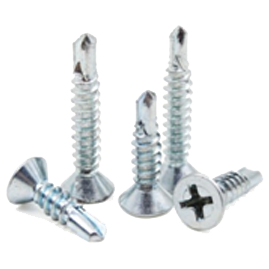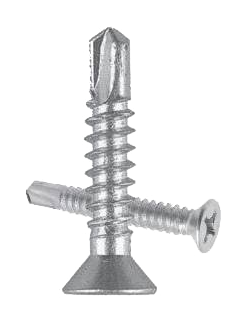
Self Tapping, Self Drilling & Drywall Screws
Dry wall screw
A customised self-tapping screw with a cylindrical shaft is known as dry wall screw. Instead of having a slotted head, these screws nearly often have a Phillips Bulge Head, which gives installers more control. Installers utilise a drywall dimpler, a tool with an adjustable nose that they employ in addition to a regular drill to put drywall screws without damaging the paper on each sheet.The black coating on drywall screws makes them easy to spot. These screws have a phosphate mineral coating that gives them their black appearance. As the screws are exposed to wet joint compound or paint, this coating helps to reduce rusting and corrosion.Our drywall screws provide you the ideal answer for various drywall structures due to their large product selection and high quality. It is beneficial to possess a clear grasp of precisely the three essential characteristics of drywall screws: length, gauge, and thread.
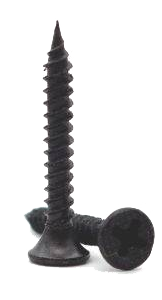
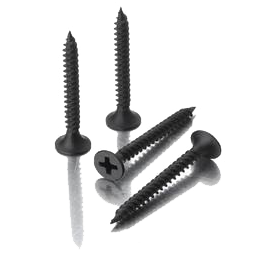
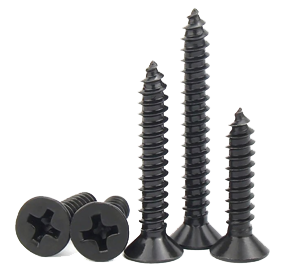
Self tapping screw
Self-tapping screws tap their threads but cannot drill through hard objects like iron, copper, or steel. They also require a pilot hole.
Basically, all self-drilling and self-tapping screws are able to tap threads, where the main difference is that self-tapping screws normally come with either a blunt head, sharp point, or a reduced drill point.
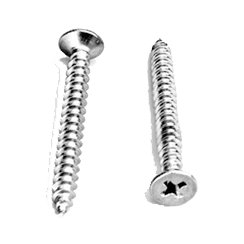
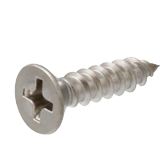
Self drilling screw
Self-drilling screws (tek screw) for metal, steel, which are carbon steel fasteners for fixing steel sheets onto steel substrates. We offer a variey of self-drilling screws, Hardseal is the best self-drilling screws manufacturer.
Uses:
 Self-drilling screws for Fixing Cladding to Metal
Self-drilling screws for Fixing Cladding to Metal Self-drilling screws for Fixing Roof Sheeting to Metal
Self-drilling screws for Fixing Roof Sheeting to Metal Self-drilling screws for Stitchings Screws Fixing to Metal
Self-drilling screws for Stitchings Screws Fixing to Metal Self-drilling screws for Truss to Plate Connection
Self-drilling screws for Truss to Plate Connection Self-drilling screws for Concealed Fixing to Metal
Self-drilling screws for Concealed Fixing to Metal Self-drilling screws for Fixing Roof Sheeting to Timber and Light Metal
Self-drilling screws for Fixing Roof Sheeting to Timber and Light Metal
